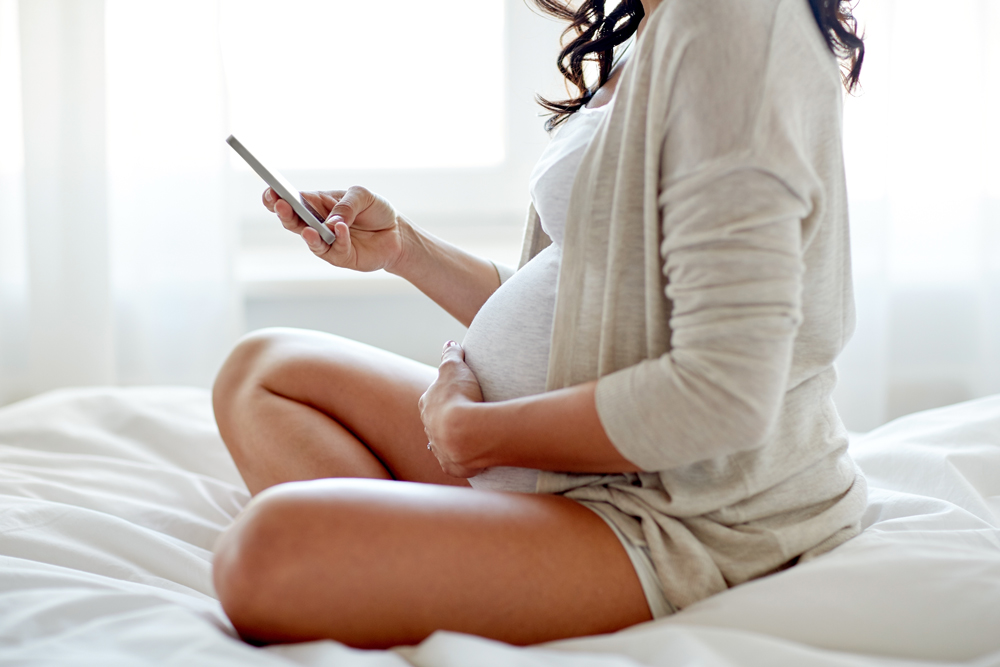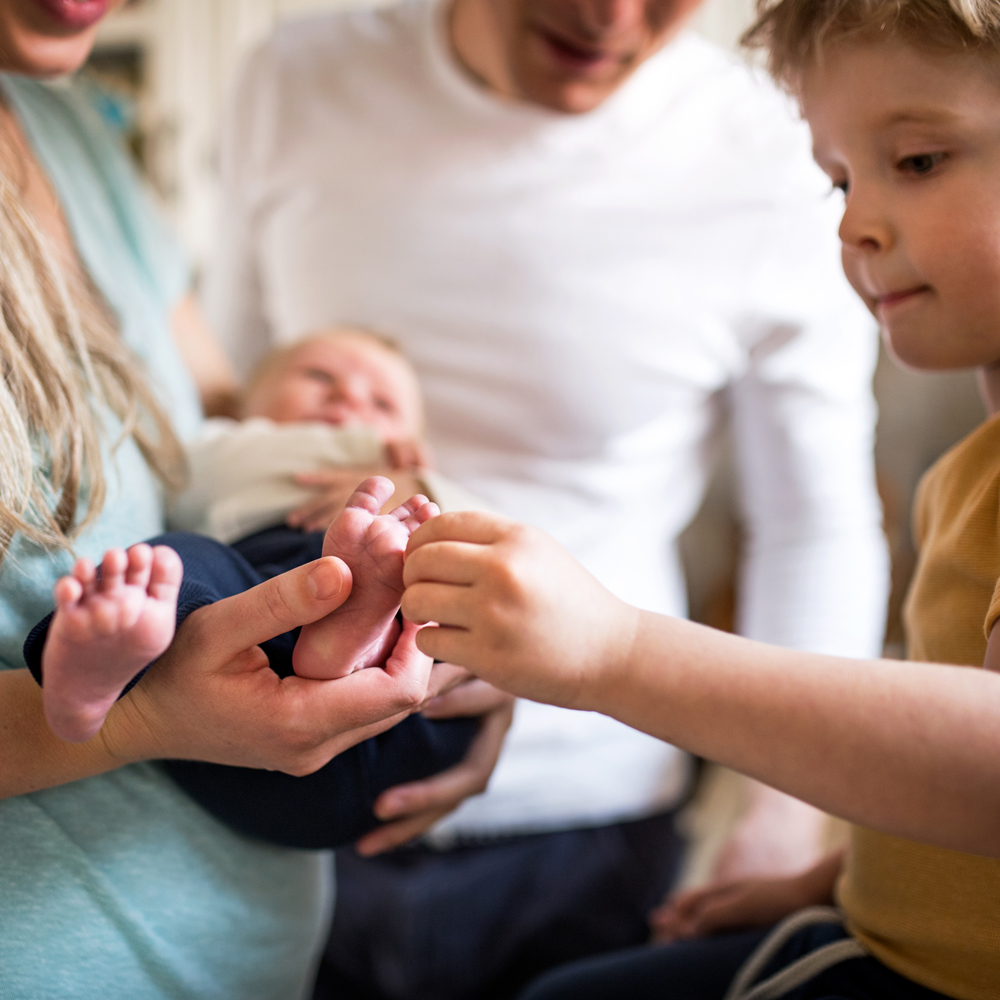Collagen During Pregnancy and Breastfeeding: Is It Safe?

The scoop on safety, efficacy and different types of collagen.
Whether it’s for glowing skin, strong nails, stretch marks or postpartum hair loss, it seems like almost everyone is taking collagen these days, right? You can drink it on its own, add it to smoothies or put a scoop in your morning coffee. It only takes a quick scroll on Instagram to see your favourite influencers promoting the brand they love the most, but did you know that not all collagen is made equal? There are two main types: bovine and marine collagen. So, are they safe for pregnant and breastfeeding people to take? And what does the research say about the overall effectiveness of collagen?
EFFICACY
While collagen is a popular wellness product, it’s certainly not crucial for your lifelong health outcomes, so if you can’t afford it don’t feel like you will be less than for not taking it.
There’s plenty of promising research that shows it can increase skin elasticity and reduce skin dryness, improve signs of ageing, and help with joint pain but there aren’t enough long-term studies to say much beyond those benefits yet. Moreover, many of the studies conducted to date have been small and funded by the companies that make the products, so the research isn’t independent and there is room for bias in the results. So, if you are going to take it, it’s best to do your own research into the brands you’re considering.
When it comes to its use in pregnancy, there’s yet to be any studies of the supplementation of collagen in pregnant people so its efficacy in that regard is to be determined. In fact, the only supplements that are recommended by the Ministry of Health for all pregnant people are folic acid and iodine, and iodine for breastfeeding people.
SAFETY
The USFDA (The United States Food and Drug Administration) recognises collagen supplements as safe for human consumption, but on the whole, globally, there’s not much in the way of regulations when it comes to the quality, absorption, and efficacy of collagen. Like we said earlier, there haven’t been any studies done on collagen consumption in pregnancy so its safety for pregnant people hasn’t been researched.
Most commonly, the recommendation for pregnant people is that bovine collagen is safe (comes from cows) but that marine collagen should be avoided while hapū. The reason being that marine collagen comes from fish (skin, scales, or bones) which is a common allergen and certain kinds of fish can also contain traces of heavy metals, such as mercury. Food Standards Australia and New Zealand have more information on the consumption of fish during pregnancy which you can read here.
When it comes to breastfeeding, there isn’t specific research on collagen supplementation either, but we do know that in general only very small amounts of substances can enter breast milk so the risks associated with consuming collagen – bovine or marine – while nursing is very low.
The general advice is to always ask your GP or LMC whether it’s safe for you to take collagen during your pregnancy or while breastfeeding, or any other supplement or medication, for that matter.



